
U2 started as a post-punk band, emerging from Ireland with their 1980 debut Boy. Like a lot of bands from the DIY ethos of the punk era, they had limitations. Paul Hewson (better known as Bono) became lead singer because the band wanted to get him off rhythm guitar, while David Evans (better known as The Edge) is known for his textural guitar playing with delay and echo than for his soloing. The rhythm section is also limited – drummer Larry Mullen Jr is a solid engine for the band but rarely adds flair, while bassist Adam Clayton often simply plays root notes in a straightforward rhythm.
But despite the limitations of their constituent parts, U2 are one of the most successful bands of their era. Bono’s voice is soaring, and they’ve been fortunate to work with gifted producers like Steve Lillywhite, Brian Eno, and Daniel Lanois. They’ve released classic albums like The Joshua Tree and War.
The band’s 1980 debut Boy is one of my favourites from them – their signature sound hadn’t coalesced yet, and it’s a fascinating insight into their development, as well as a great record in its own right. The band built their career through the 1980s with releases like War and The Unforgettable Fire, culminating in 1987’s immense The Joshua Tree. The band started to take themselves too seriously with the pompous Rattle and Hum, and they adapted a new ironic pose for the 1990s, starting with the electronic laced Achtung Baby. The group reverted to their sincere approach with 2000’s All That You Can’t Leave Behind, and have essentially stayed there ever since, albeit with reportedly diminishing returns.
U2 have made some great music, and their initial run of 1980s albums is often excellent. Their 1990s albums have their moments, but like a lot of albums from the era suffer from overlong running times as the CD format led to longer running times. Even in the 2000s, they were releasing strong singles like ‘Beautiful Day’ and ‘Vertigo’, an achievement for a band who’d been together since the late 1970s.
Favourite Album: The Joshua Tree
Overlooked Gem: Zooropa
U2 Album Reviews
Boy | October | War | The Unforgettable Fire | The Joshua Tree | Rattle and Hum | Achtung Baby | Zooropa | Pop | All That You Can’t Leave Behind | How to Dismantle an Atomic Bomb | No Line on the Horizon | Songs of Innocence | Songs of Experience
Boy
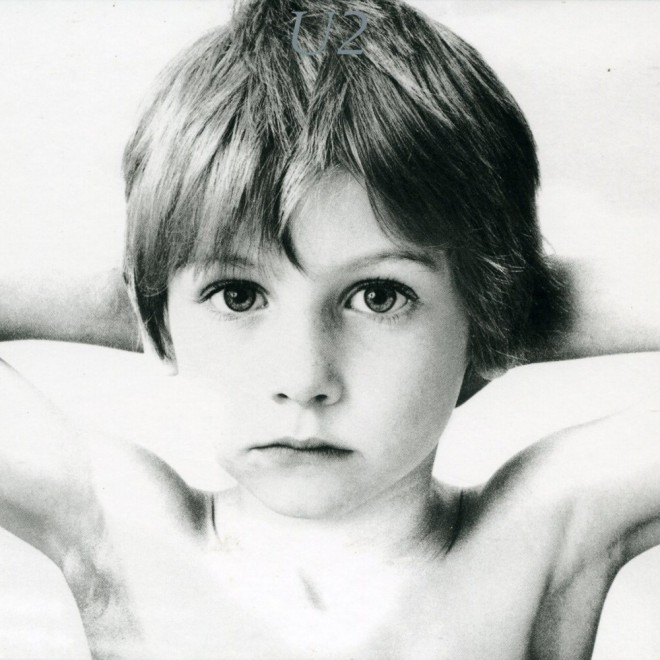
1980, 9.5/10
There’s a story whereby on the suicide of Joy Division’s Ian Curtis, a young U2 marched into their record company’s office and vowed to continue his legacy. It’s not as far fetched as it would seem based on their later work – the post-punk scene that both bands sprang from is most evident for U2 on their debut Boy. U2’s approach is less rigid than on later albums, and they’re full of energy.
The best-known song is the opener ‘I Will Follow’, an energetic and hooky workout for the band. The whole first side is terrific – the urgent and atmospheric ‘Twilight’ with its squalls of post-punk guitar, is followed by the six-minute grandeur of ‘An Cat Dubh’, which leads into the haunting, atmospheric ‘Into The Heart’, effectively a coda. ‘Out of Control’ is U2 at their most raucous and impassioned. The energy and passion elevate even the weaker material on Boy.
Along with October, its young, fresh sound is less like U2 than any other record this band have made, but Boy is a strong contender for the best album from Ireland’s most famous band.
October
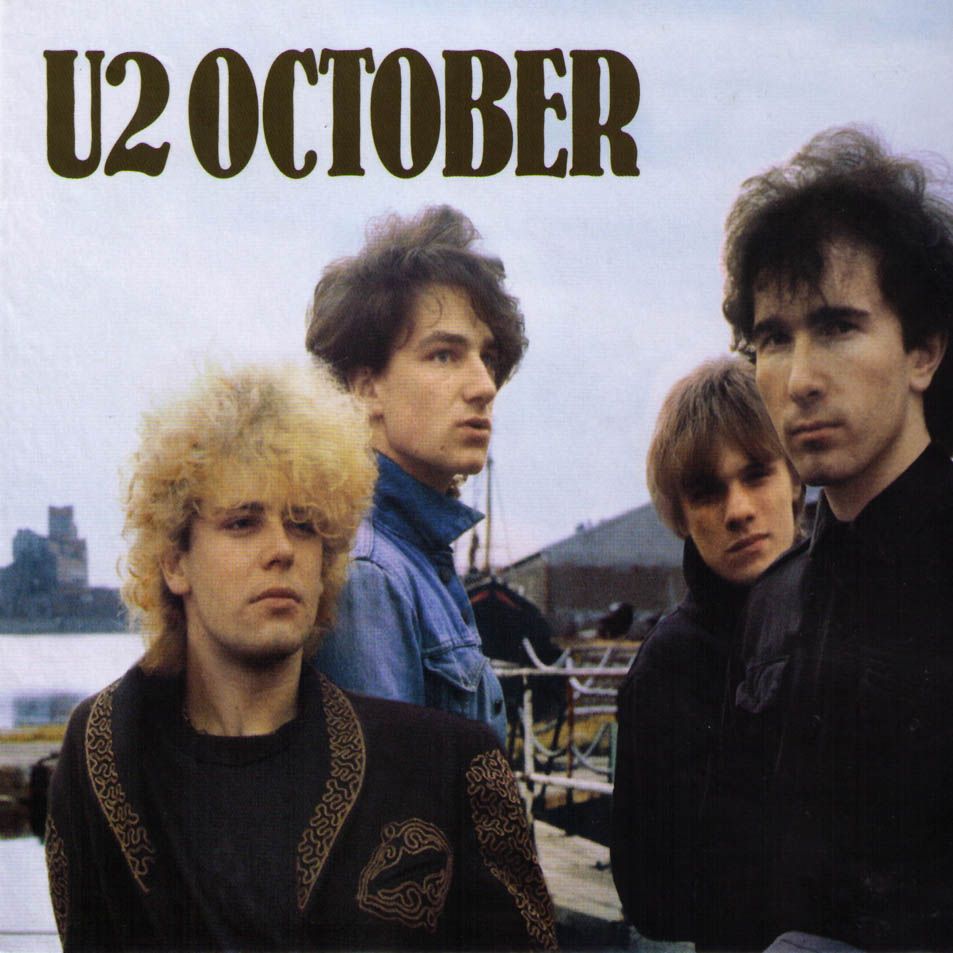
1981, 6.5/10
The sophomore slump hits U2 on their second album. Complicating the writing process, Bono lost a suitcase at an airport that contained all of his lyrics for the album, so had to rewrite them at a late stage. October is similar in sound to Boy, but the songs aren’t as strong and the album feels less energetic. The album’s notable for the most religious lyrics that U2 ever put on record – songs like ‘Stranger in a Strange Land’ and ‘Gloria’ have clear Christian themes.
Like Boy, the opener is the best-known song. ‘Gloria’ is a little overlooked in the U2 catalogue, failing to make the canonical 1980-1990 compilation, but it’s an excellent opening salvo, tuneful and passionate, with a great Edge riff. The title track did make it onto the Best Of as a secret bonus track, and it’s pretty, with just piano backing Bono’s gentle vocal. Elsewhere October feels like a batch of second tier U2 songs.
If you enjoy early U2, October features plenty of their energetic, post-punk sound, but I think it’s unanimously recognised as the weakest of their early releases.
War
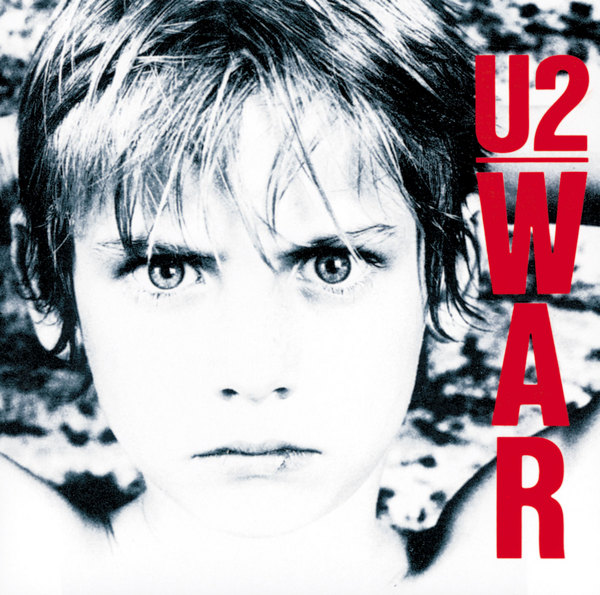
1983, 8.5/10
War was the album that put this young, passionate Irish band on the map – the simple, direct sound that they’re known for is in place here, as is the political passion. It’s producer Steve Lillywhite’s last album with the band, and he gives them a vibrant, stadium-ready sound for their more aggressive material. Indeed opener ‘Sunday Bloody Sunday’ is one of their signature songs, a political and religious rallying cry.
‘Seconds’ and ‘New Years Day’ complete a great opening trifecta for the band – the Edge sung ‘Seconds’ is an energetic nuclear war protest, while the piano hook of ‘New Year’s Day’ has cemented it as one of the band’s most memorable songs. It’s difficult for the rest of the album to measure up to the strong start, but the band make a valiant effort – ‘Two Hearts Beat As One’ is raw and impassioned, while ‘40’ sets Psalm 40 from The Bible to music beautifully, and it became U2’s closing live song for the rest of the decade.
U2’s breakthrough album is full of passion and has a healthy handful of great songs.
The Unforgettable Fire
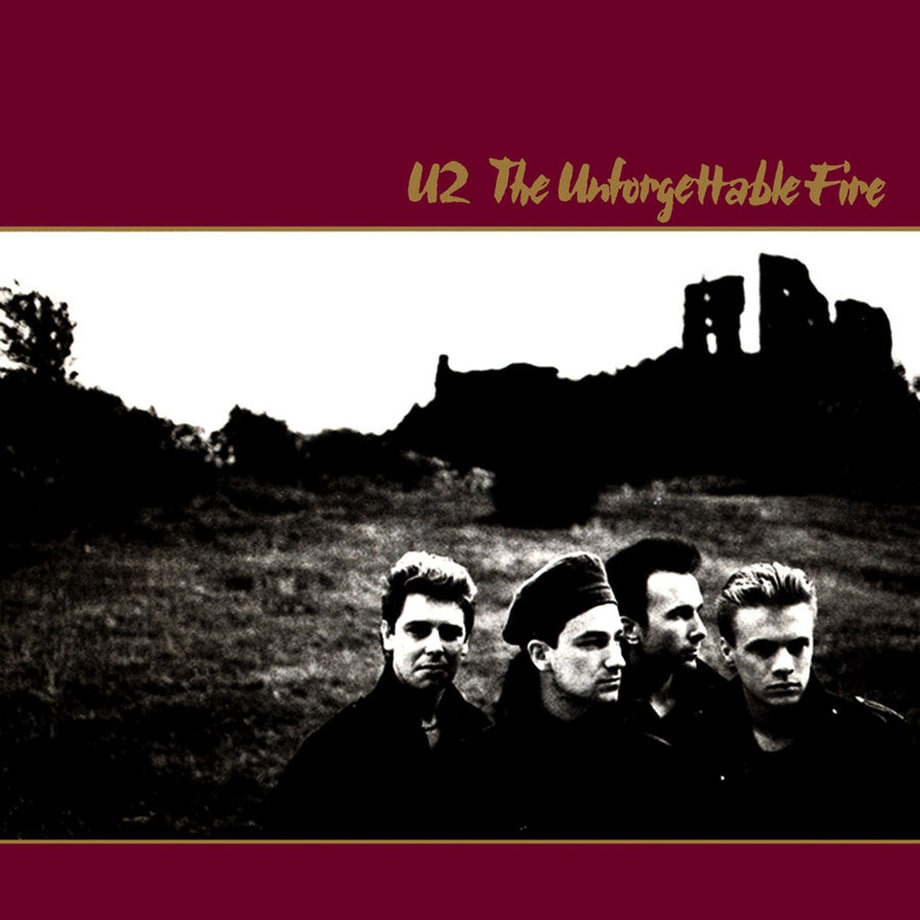
1984, 8.5/10
U2 changed their approach from the direct War – switching producer from Steve Lillywhite to Brian Eno, who gives the band a panoramic, atmospheric sound, that complements the band’s simple approach. The Edge’s guitar is drenched in reverb, and the band have lost their pink influenced early sound for a moodier and more grown-up approach. The song titles ‘MLK’ and ‘Elvis Presley and America’ are the first signs of their infatuation with America, while ‘Pride (In The Name of Love)’ tells the story of Martin Luther King’s assassination.
‘Pride’ is my pick for the best song U2 ever cut, with The Edge’s magnificent riff and delay pedal, and the band striking the perfect balance between their early punk passion and their newfound stately sound. The stately sound takes prominence in the moodier ‘Bad’ and the title track, as the band gracefully winds their way through slow-burning material. Opener ‘A Sort Of Homecoming’ is tuneful and driving, and it’s another highlight.
The Unforgettable Fire isn’t U2’s most consistent disc – the remainder of the material struggles to keep up with the aforementioned tracks – but the highlights are some of the best things that U2 have ever done.
The Joshua Tree
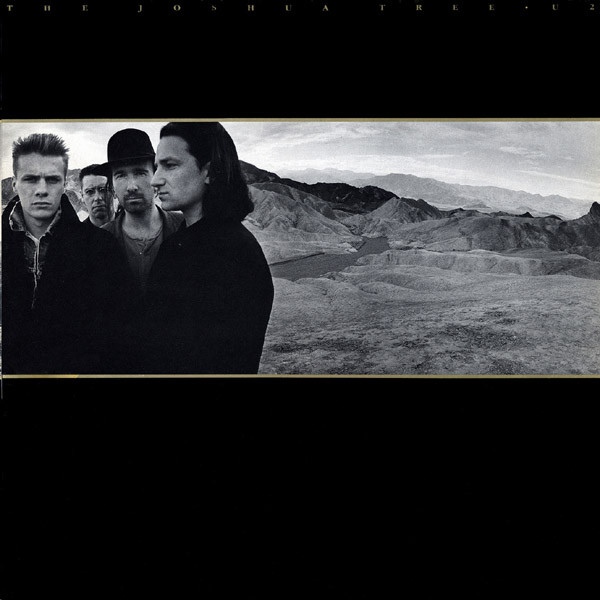
1987, 10/10
U2 returned to the production team of Eno and Lanois for the follow-up to The Unforgettable Fire, taking that album’s atmospheric grandeur and applying it to a set of songs that are both stronger and more accessible. Steve Lillywhite’s wife, singer-songwriter Kirsty McColl was charged with sequencing and ordered the songs from her favourite to least favourite. Because of this, the album’s three big singles, ‘Where The Streets Have No Name’, ‘I Still Haven’t Found What I’m Looking For’ and ‘With or Without You’, are loaded on the front of the album, while the album ends a little sedately with the atmospheric ‘Exit’ and ‘Mothers of the Disappeared’.
But in between, there’s a sequence of terrific songs – the hard-rocking ‘Bullet The Blue Sky’, the gentle ‘Running to Stand Still’, ‘Red Hill Mining Town’, and the harmonica-driven, tuneful ‘Trip Through Your Wires’ are all amazing album tracks. The album track ‘One Tree Hill’ is named after a famous New Zealand landmark, and it was inspired by the death of U2’s Kiwi roadie Greg Carroll – it was released as a single in New Zealand and went to number one, and it’s a great song that’s lost in the shuffle of other great material here, yet its atmospheric sound and passionate vocal make it a good distillation of the album’s sound.
Even though the first three songs feel over-exposed, there are enough great album tracks on The Joshua Tree that it’s totally deserving of classic status, and as U2’s peak.
Rattle and Hum
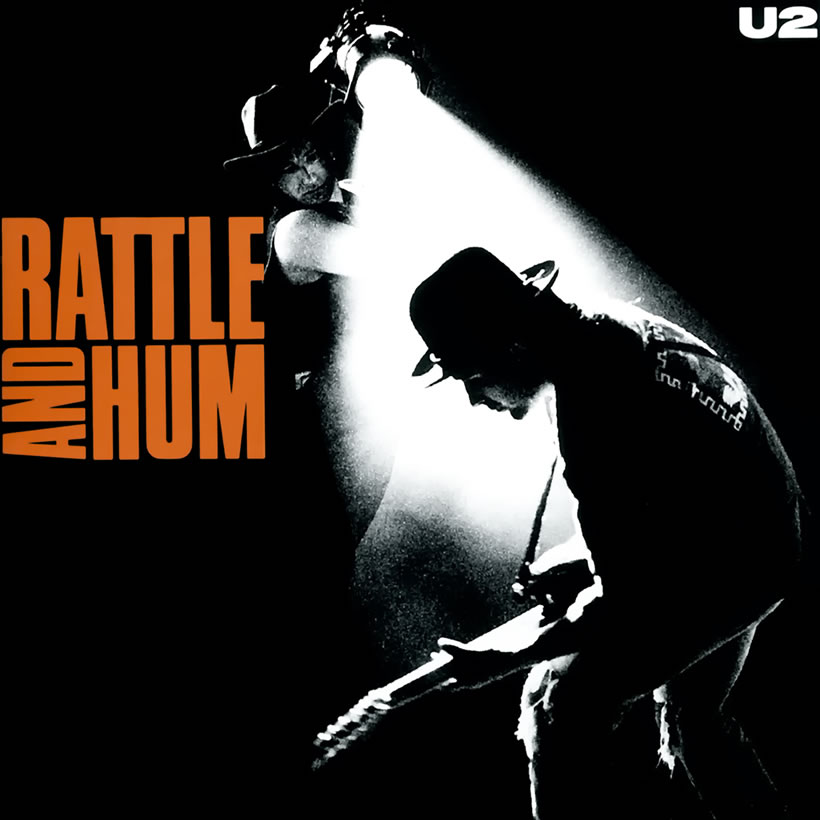
1988, 6.5/10
It’s difficult to shake the impression that the massive success of The Joshua Tree went to U2’s head when they prepared a follow-up effort. Rattle and Hum is a bloated double LP that features flashes of brilliance but is often a chore to sit through. It’s a mixture of live tracks and studio tracks – there’s a lot to like about the band’s studio work, but the live tracks feel bloated and unfocused, and the track-listing is disconcerting with studio and live mixed in together. Producer Jimmy Iovine gives the band a straightforward sound after their arty previous records.
The group’s previous albums signalled their infatuation with Americana, and it comes to a head here, particularly with the live version of ‘I Still Haven’t Found What I’m Looking For’, complete with a gospel choir, and a cover of the ‘Star Spangled Banner’. But toying with American styles also bears rich harvest, like the brassy ‘Angel Of Harlem’ and the sparse ‘Hawkmoon 269’, and the elegiac closer ‘All I Want Is You’ is beautiful and heartfelt.
It’s difficult to take Rattle and Hum in one sitting, as it feels messy and bloated. And even though there’s great material here, even pared down to the studio originals, it would be their weakest album since October.
Achtung Baby
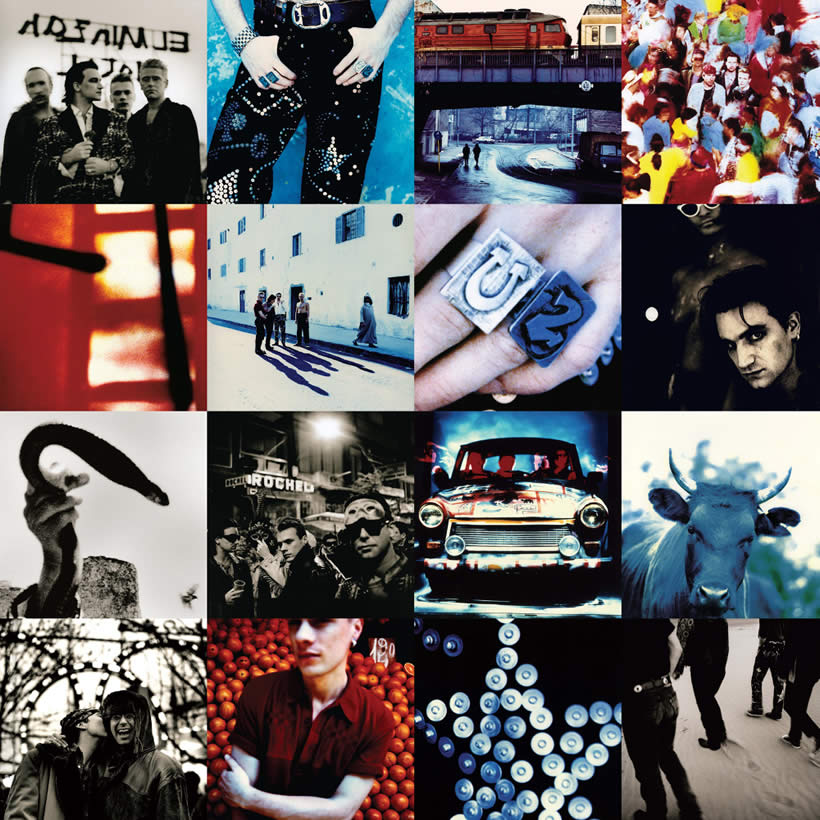
1991, 7.5/10
Rattle and Hum was critically savaged, the first misstep from a band that had otherwise gone from strength to strength in the 1980s. The band decamped to Berlin with Eno and Lanois, and reinvented themselves. The differences between 1980s U2 are manifold – musically they’re playing with dance beats and electronics, while Bono’s voice is processed and instead of the passionate absolutes of the 1980s, he’s ambiguous and preening. While there are songs that would fit in their 1980s albums – particularly the stripped back ‘One’ – songs like ‘The Fly’ are wildly different than anything this band created previously.
Like a lot of albums from the early 1990s, Achtung Baby suffers from the long-running time that the new compact disc afforded – there aren’t many weak songs, but in general the tracks run too long – trim ten minutes off the track running times, and Achtung Baby would be among their very best. Additionally there are a lot of slower songs, particularly towards the end, and it’s often the faster songs like the energetic single ‘Mysterious Ways’ and ‘Even Better Than The Real Thing’ that hold up the best. There are some good slower songs too – the bridge of ‘One’ is one of the band’s finest moments, and the piano of ‘So Cruel’ has always been a favourite.
Achtung Baby is generally acclaimed as a U2 classic, and I know I’m in a minority here, but it’s too long to retain my interest – a great 40-minute album stretched into a good 55 minute one.
Zooropa
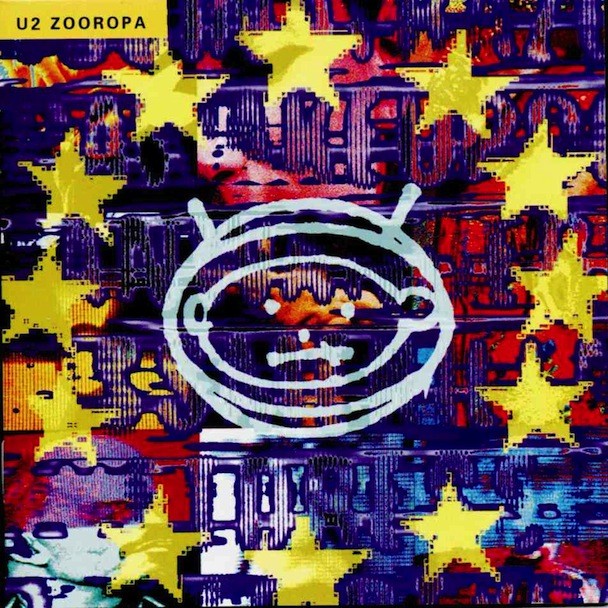
1993, 8/10
Zooropa follows the arch, ambiguous approach of Achtung Baby. If anything, it takes U2 further away from their traditional approach – there aren’t any straightforward, instantly identifiable U2 songs like ‘One’, and it’s often adventurous. The material isn’t as strong as Achtung Baby, but it’s shaped better into a cohesive album – the title track provides a slow lifting beginning, while Johnny Cash closes in unexpected and dignified fashion with ‘The Wanderer’.
In between Zooropa is a fun ride through unusual U2 territory. The Edge drily monologues his way through the excellent ‘Numb’, while Bono delivers R&B falsetto on ‘Lemon’. ‘Stay (Faraway So Close)’ is more standard fare for U2, Bono keening its pretty tune. The second half is less distinctive, but Zooropa is the most satisfying of U2’s 1990s albums.
Zooropa is the most experimental U2 ever became – their next album would start to pull back towards earnest rock and roll.
Pop
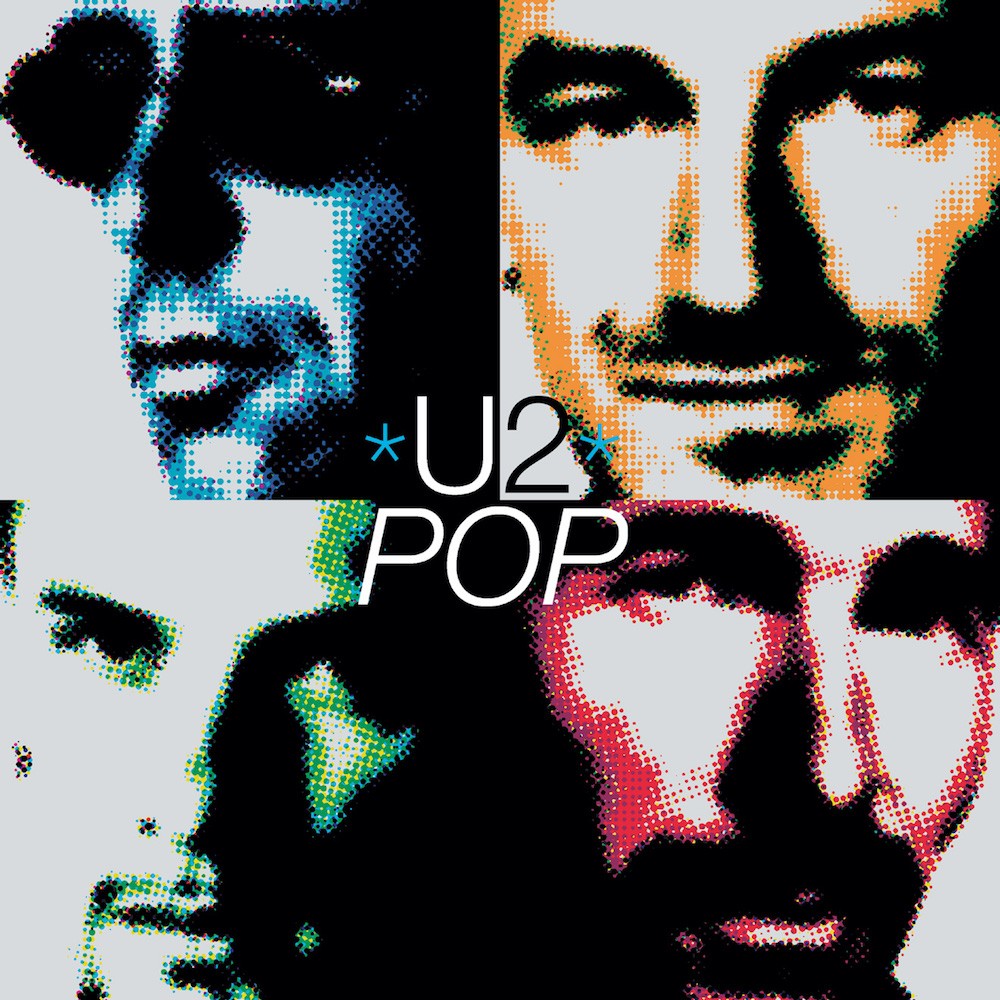
1997, 6.5/10
Pop is a confused, identity crisis for U2 like they’re hedging their bets between their 1980s style earnest rock and their 1990s electronics. Like a lot of 1990s albums, it’s also overlong, although the shifting styles do help keep momentum. Despite the issues, which make it one of U2’s weaker records, it’s not a write off at all – there’s a solid core of songs here that are worth hearing, but they’re nestled among weaker material.
The first two singles were ‘Discotheque’ and ‘Staring At The Sun’, neither of which are among U2’s finest, but I always preferred the minor single ‘Last Night on Earth’ with its straightforward sound and punchy chorus reminiscent of their 1980s work. ‘Mofo’ is a fun song in their 1990s electronic vein, but it’s the sparse, emotional ‘If God Will Send His Angels’ and ‘Wake Up Dead Man’ that are the most arresting, Bono grappling with spiritual themes more explicitly than he had for a long time.
Pop is a mixed bag, and it’s rightfully reckoned as one of U2’s weaker efforts from their first two decades, but they’re a hardworking band and even their lesser records have a lot to offer.
Ten Favourite U2 Songs
Pride (In The Name Of Love)
An Cat Dubh/Into The Heart (I like to think of them as one song)
Mysterious Ways
Numb
One Tree Hill
Out Of Control
40
Angel of Harlem
Gloria
All I Want Is You
Return to Punk and New Wave Reviews
5 Comments
Leave a Reply
Related Pages
About
Aphoristic Album Reviews is almost entirely written by one person. It features album reviews and blog posts across a growing spectrum of popular music.
Review Pages
Read about the discographies of musical acts from the 1960s to the present day. Browse this site's review archives or enjoy these random selections:
Blog Posts
I add new blog posts to this website every week. Browse the archives or enjoy these random selections:
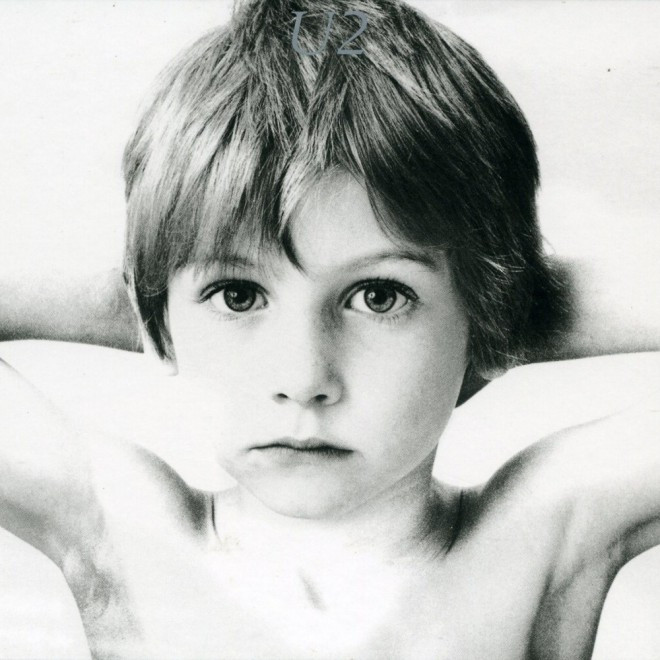
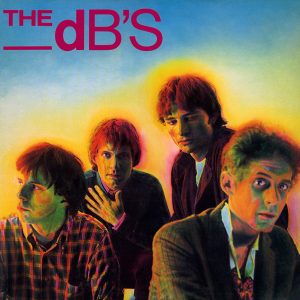
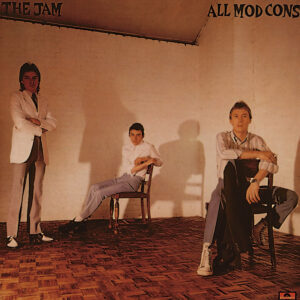
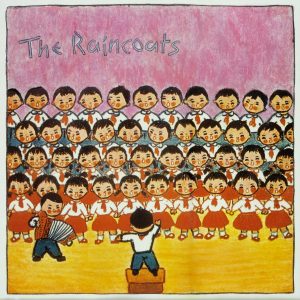
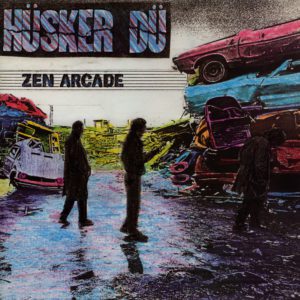
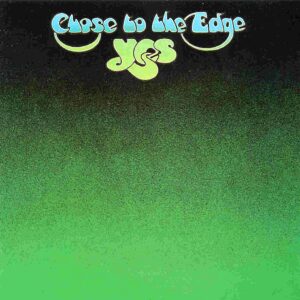
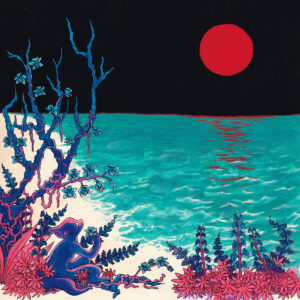
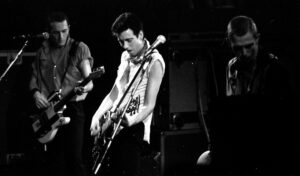
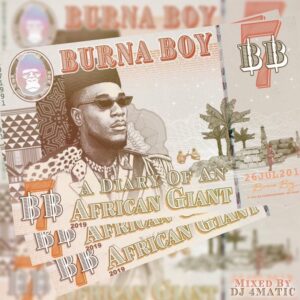
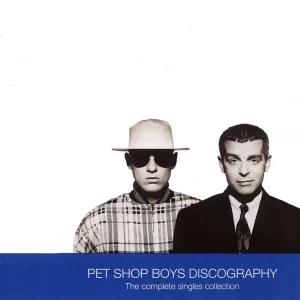
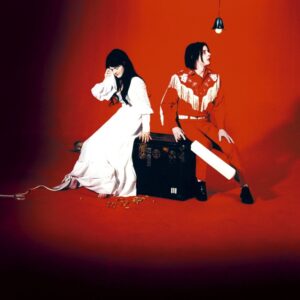
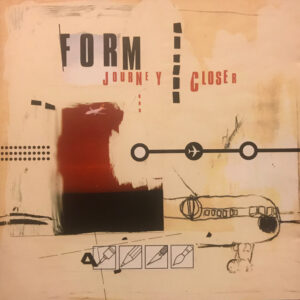
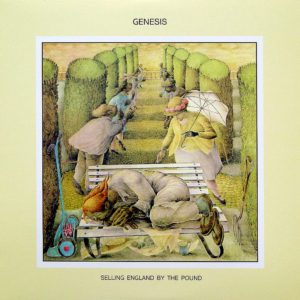
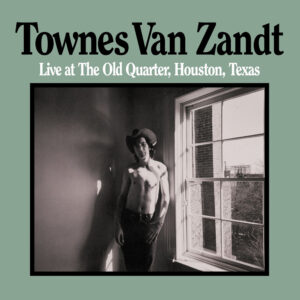
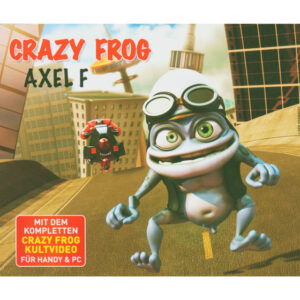
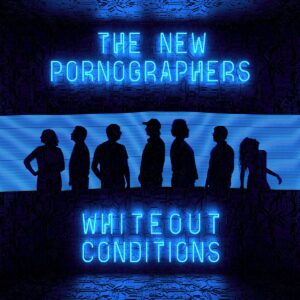
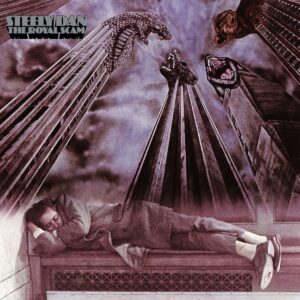
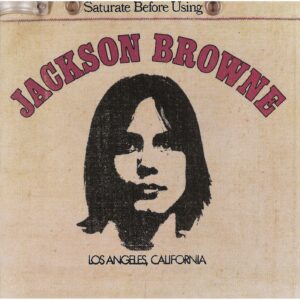
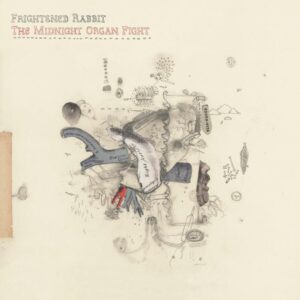
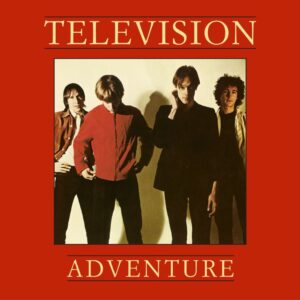




One Tree Hill was a great song even before I had any idea what it was about. As you investigate and learn about the backdrop, and then Victor Jara, the whole environment becomes compelling. I have found there to be one great album from each decade, one that sums up the era as well as lifts and transforms it. Joshua Tree is it for the ’80’s. If you look at Rubber Soul/Revolver as a unit, it was the album of the 60’s; Deja Vu was the same for the 70’s. Alanis Morrisette was the 90’s’, as I was ducking out of the scene. Saw U2 from the front in Chicago in late ’80’s and there were no weak spots.
That’s an interesting theory. I find a lot of mainstream rock loses me in the 1990s – I don’t find Morrisette as interesting as her more alternative contemporaries like PJ Harvey or Helium. I’m not huge on Nirvana, but Nevermind probably fits the bill for the 1990s.
Just remember what my teens were listening to.
I used to be a huge U2 fan at the beginning of the 90’s. And I really got into them with Achtung Baby (probably why it’s still my personal favorite). And my very first concert was U2 in Paris in 1993 ZOOTV tour !
My own ratings:
1/ Achtung Baby – 10/10
2/ Zooropa – 9.5/10
3/ Joshua Tree – 9.5/10
4/ Inforgettable Fire – 9/10
5/ War – 8.5/10
6/ Boy – 8/10
7/ Pop – 7.5/10
8/ Rattle & Hum – 7/10
9/ All That You Can Leave Behind – 6.5/10
10/ October – 4/10
11/ Everything that came after ATYCLB – 4/10
Thanks for writing in.
ZooTV would have been a cool concert to see – I was still too young at the time. We kind of broadly agree on their best records outside of Achtung Baby.